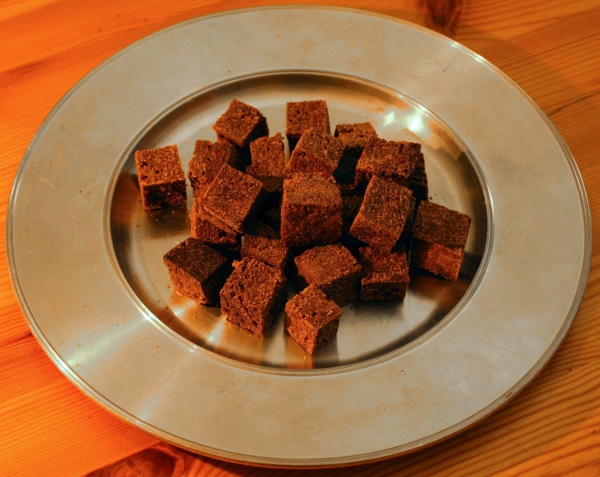Facts About Rusk
A rusk is a crispy, dry biscuit or twice-baked bread, often made from stale bread or cake. This delicious treat has numerous names and variations across the globe.
- Azerbaijan: Known as sukhary.
- Cuba: Called sponge rusk, made from yellow cake batter.
- Denmark: Referred to as tvebak.
- France: Known as biscotte.
- Finland: Called korppu or hapankorppu.
- Germany: Termed zwieback.
- Greece: Called paximadi.
- India: Known as rusk or toast biscuit.
- Indonesia: Referred to as bagelen.
- Iran: Known as nān-e sokhāri.
- Italy: Called fette biscottate.
- Japan: Made from baguette, cake, or croissant.
- Levant: Known as boksum or qurshalla.
- Netherlands and Belgium: Called beschuit.
- Norway: Referred to as kavring.
- Pakistan: Known as russ or cake rusk.
- Philippines: Called biscocho.
- Portugal: Known as tosta.
- Russia: Referred to as sukhari.
- South Africa: Known as beskuit or rusks.
- Sweden: Termed skorpor.
- Turkey: Known as peksimet or galeta.
- UK: Butcher's rusk is a food additive, and Farley's Rusks are popular for infants.
- US: Common types include melba toast, croutons, and biscotti.
No matter where you are in the world, you can find a variation of this delightful snack.

 Germany
Germany